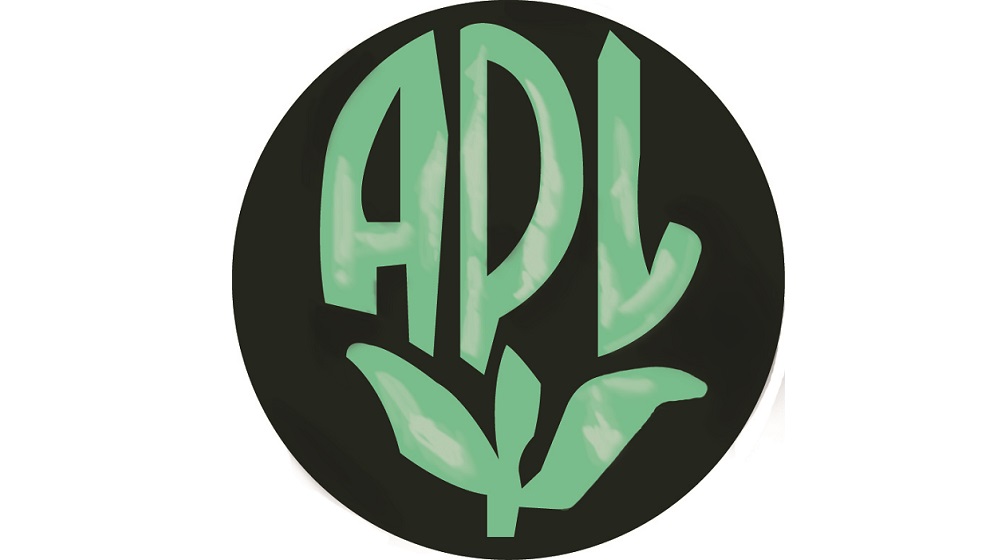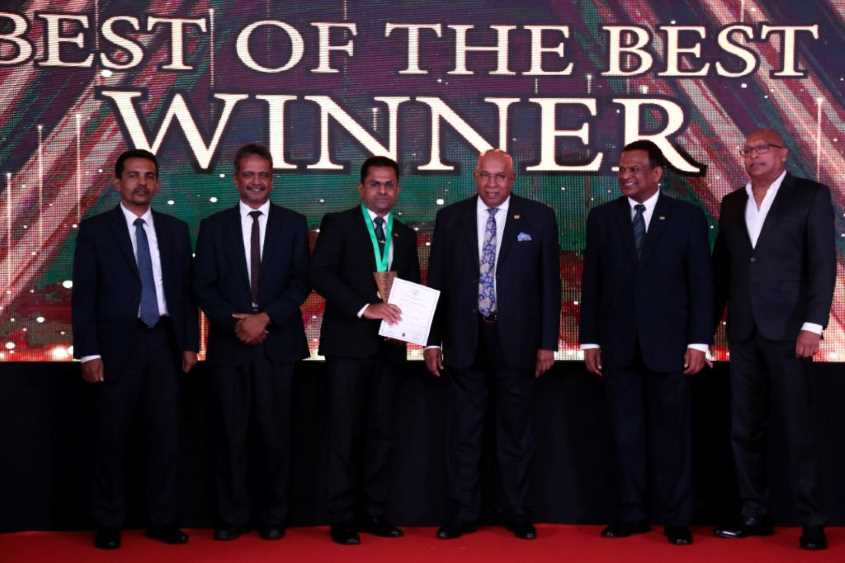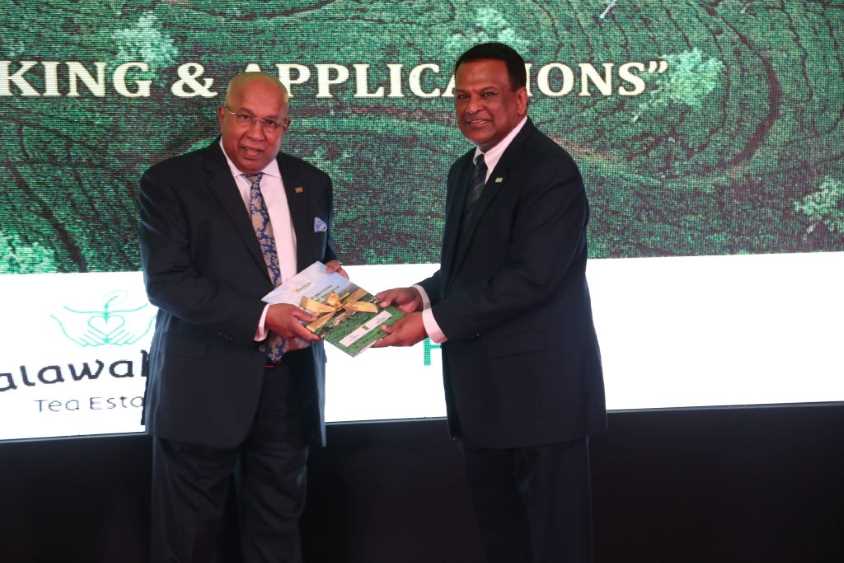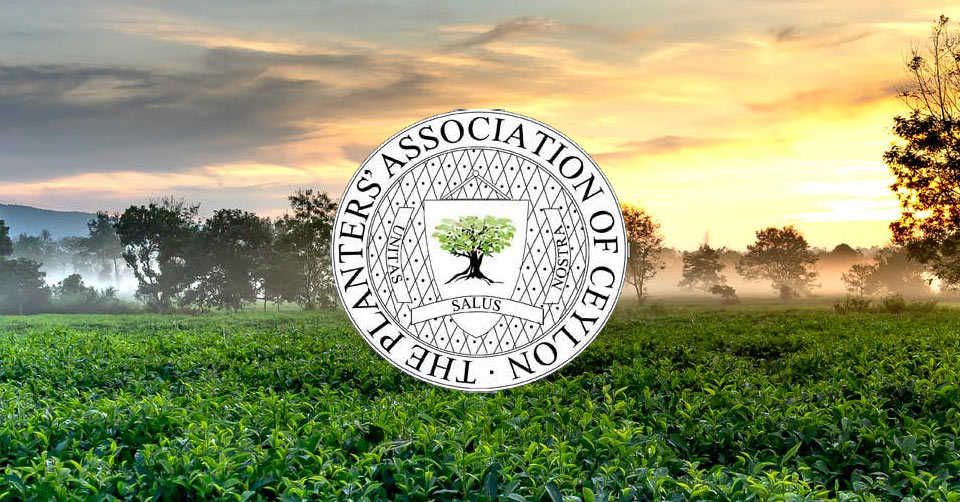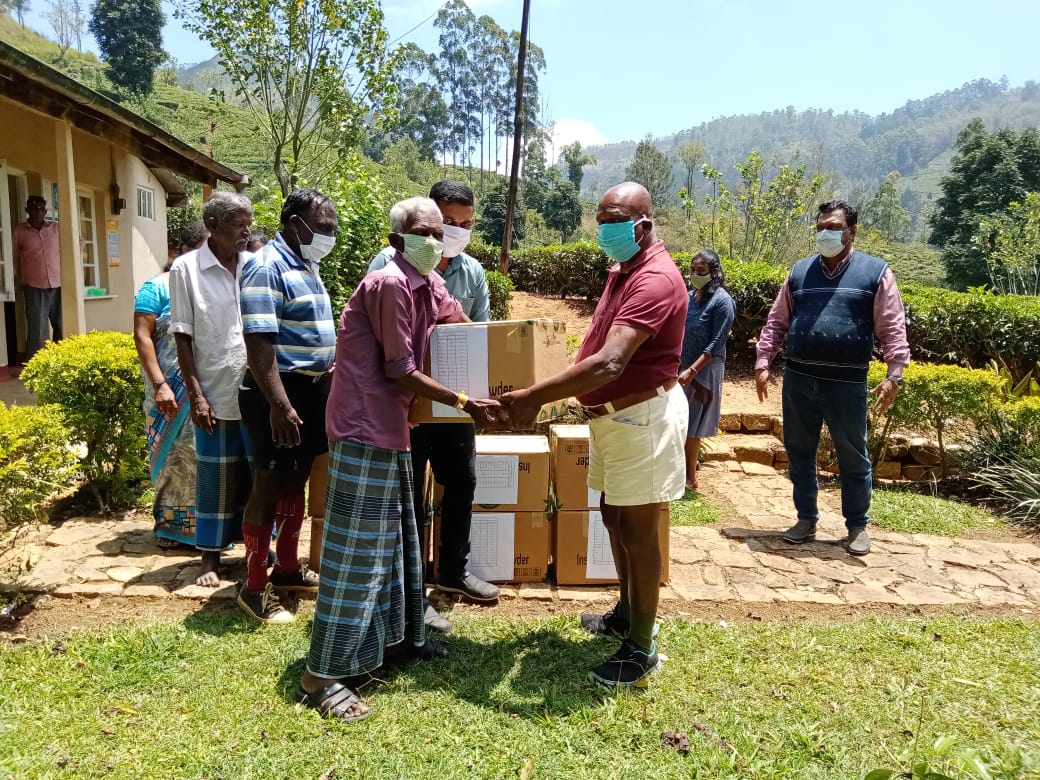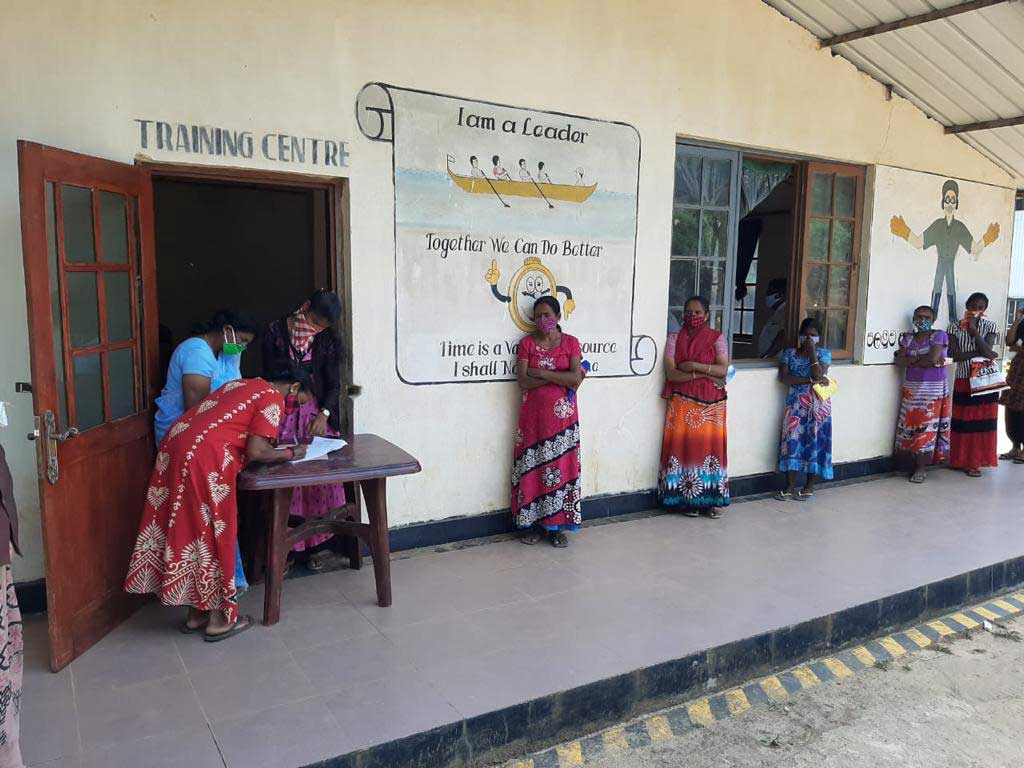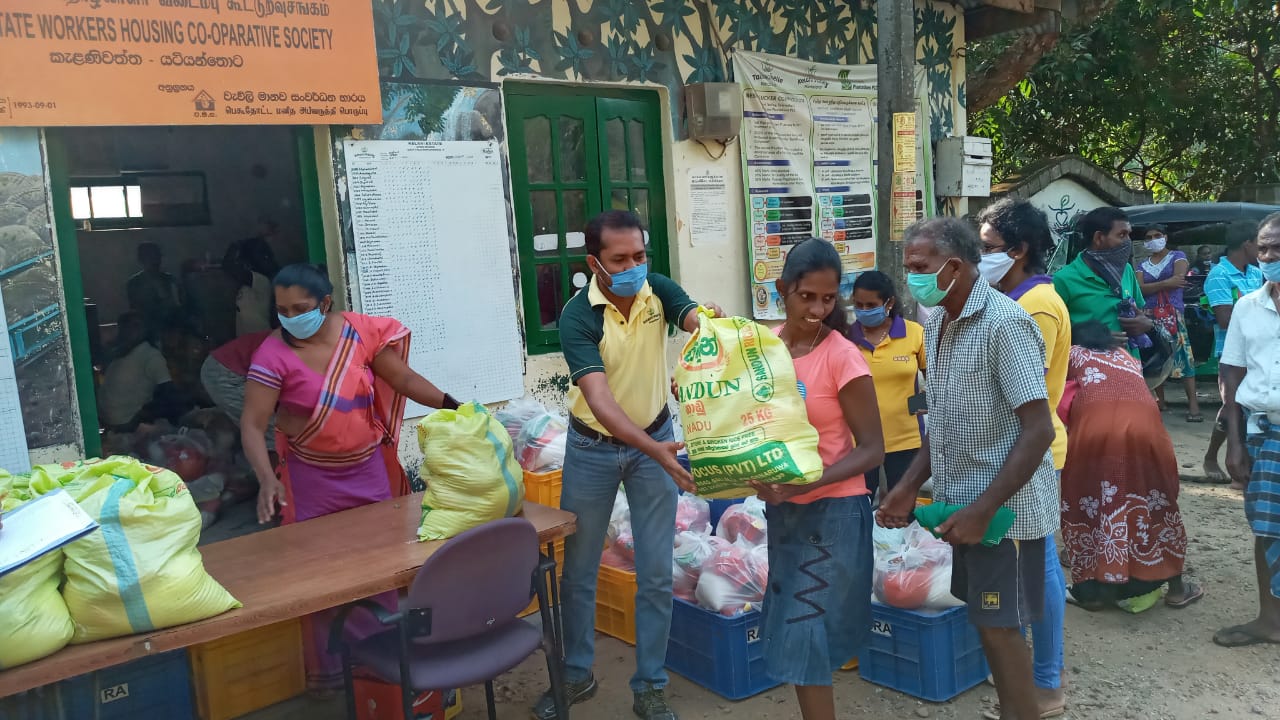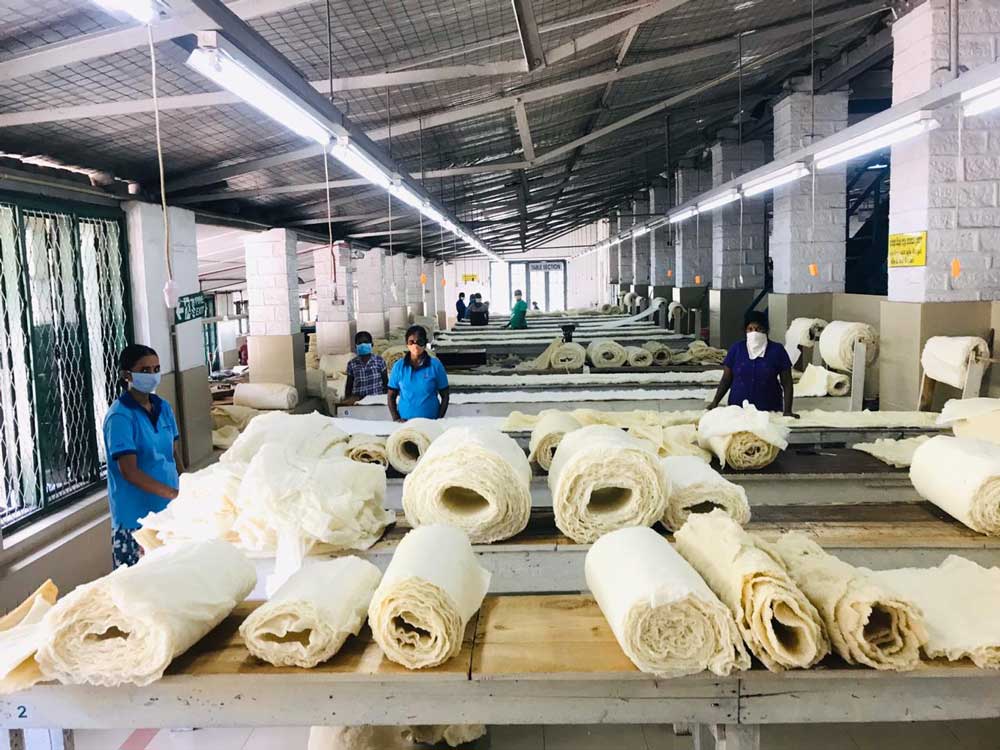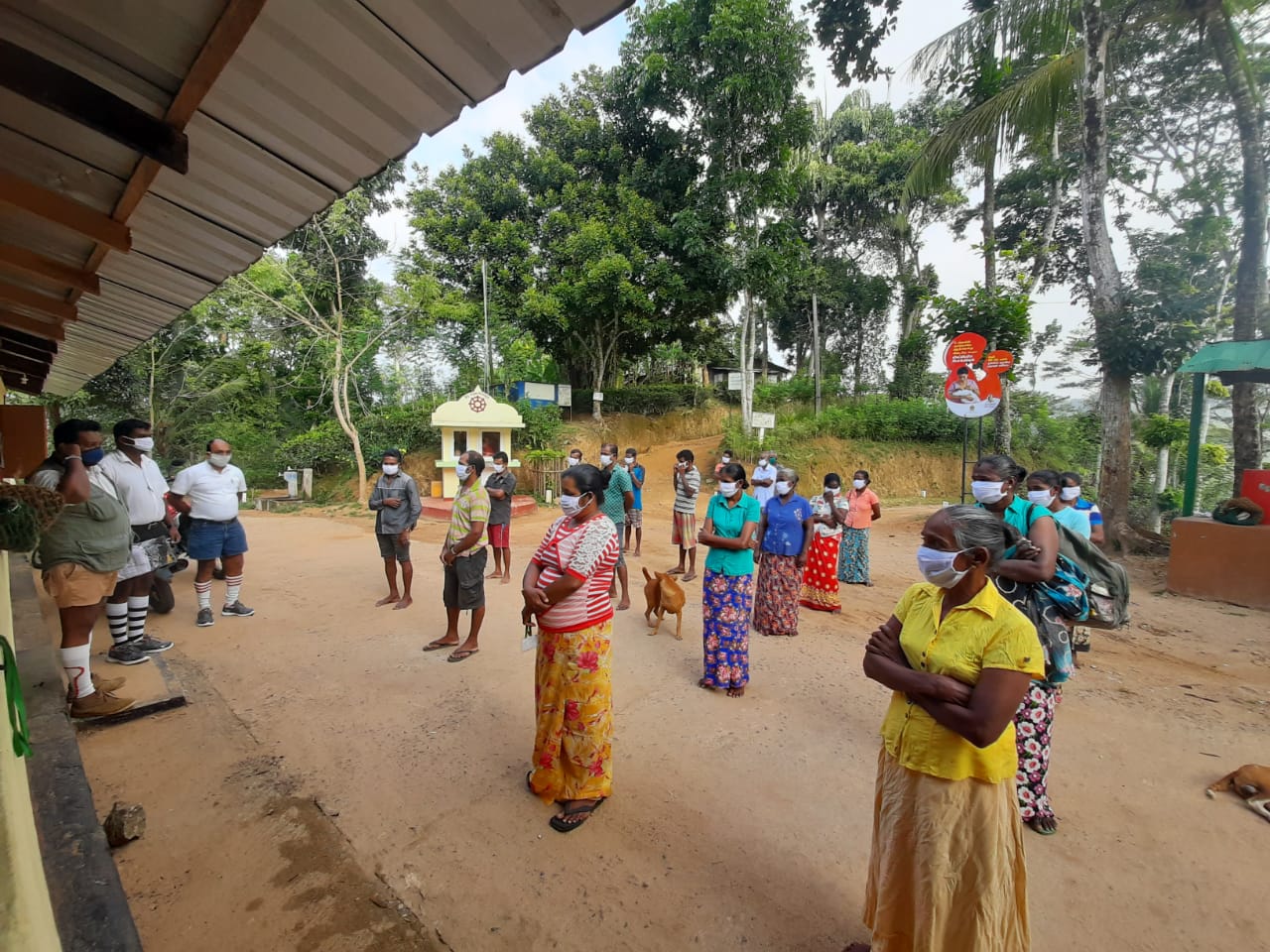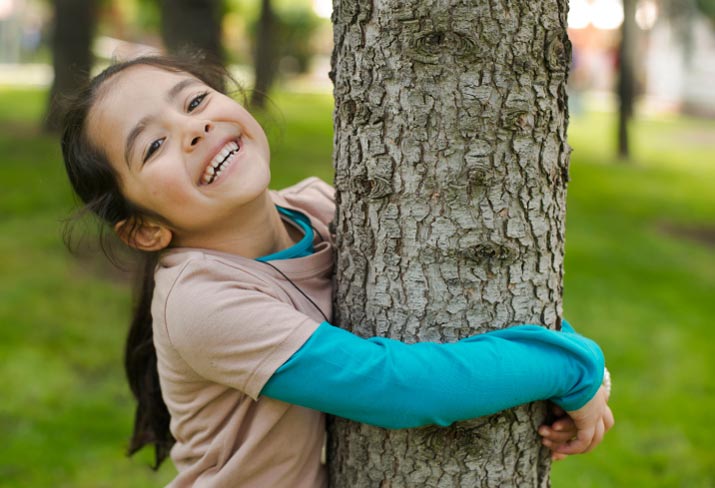PA notes that prices of plant nutrients have increased significantly following the policy change
9th December 2021: While welcoming the lifting of the ban on fertiliser imports, the Planters’ Association of Ceylon (PA) points out that the country’s plantation sector has been significantly impacted by the policy and is now faced with practical challenges in securing fertiliser.
The association – which represents commercial growers of tea, rubber and other plantation crops – notes that prices of fertiliser has skyrocketed during the time of the ban, creating additional financial pressure for the Regional Plantation Companies (RPCs). For instance, the price of synthetic fertiliser used for tea cultivation has increased approximately four-fold, from around Rs. 1,500 per kilo following the initial removal of the subsidy up to Rs. 6,000 at present.
Given the poor financial performance of both tea and rubber in the recent past, both smallholders and RPCs find it difficult to pay such high prices. Unfortunately, given factors such as the global increase in commodity prices, fertiliser prices are expected to increase further.
In addition to global factors, inexplicable action by the authorities have contributed to the escalation of prices of the limited synthetic fertiliser stocks which were available in the country, the PA points out. Despite the due process being followed, the last fertiliser shipment to be brought into the country was not allowed to unload by Customs due to unknown reasons. Ultimately, the supplier had to obtain a court order to get the shipment released.
The prolonged delay in the process led to significant demurrage charges being incurred– since it was not possible to unload and discharge the ship within the due timeframe. These charges substantially increased the cost of the fertiliser for buyers such as RPCs.
“The RPCs were adversely impacted and saw a drop in the volumes and quality of the crop, as well as higher incidences of diseases during the fertiliser ban,” Dr. Roshan Rajadurai, the PA Media Spokesperson said. “Now, unfortunately, we have to contend with hyper-inflated fertiliser prices while we await clarity on imports of other vital agri inputs such as pesticides, weedicides, herbicides and fungicides. Hence, it is vital that such situations are avoided in the future. Besides the RPCs, thousands of smallholders have also been affected.”
Following a Government decision to restrict imports in early May 2021, the country’s plantation industry, both RPCs and smallholders, faced severe challenges in obtaining sufficient inorganic fertiliser and agrochemicals. These are essential for the sector, which the Government too acknowledged, by promising to provide sufficient fertiliser to the tea industry in mid-October 2021.
Compounding these issues, the prices of available stocks of fertiliser too increased, particularly due to the last fertiliser shipment to arrive in the country not being allowed to unload, despite all procedures and documentation requirements being adhered to. The shipment, faced difficulties including in obtaining clearance from Sri Lanka Customs to unload. Ultimately, following a protracted legal battle, the relevant company obtained court approval to release the shipment. However, significant additional demurrage charges were incurred in the meantime – which naturally increased the cost of fertiliser for buyers.
In Sri Lanka, under the subsidy scheme, the National Fertiliser Secretariat controlled all aspects relating to fertiliser and buyers had no option but to abide by these decisions. These include decisions relating to providers of fertiliser, procurement price, the type of fertiliser, when it can be bought, imported and when and to whom fertiliser stocks can be released to, at a price determined by the Secretariat. The quotas allocated to buyers were similarly determined by the Secretariat, based on which fertiliser importers obtained required approvals and open letters of credit (LCs).
This process was followed for this particular shipment of urea, for which the LC was opened in late January 2021. However, due to various delays, including breakdown of the relevant vessel, the shipment was still at sea at the time the fertiliser ban was gazetted.
Actions such as these adversely impacted the country’s plantation sector, potentially reducing the foreign exchange earnings generated through exports of these crops, since growers witnessed a decline in both volumes and quality. Tea plantations witnessed visible discolouring of leaves and reduction of volumes, while the ‘circular spot disease of rubber’ plagued rubber plantations, which did not have access to the inputs required to combat the disease due to the ban.
The plantation sector has also not been provided with a solution with regard to the agri inputs required besides fertiliser. However, RPCs require inputs such as pesticides, weedicides, herbicides and fungicides to mitigate diseases, pests and other issues. For instance, if weedicides are not available, the tea bushes will lack nutrients and tea fields will become overgrown with weeds. This will additionally create issues, since a significant portion of any nutrients applied in the future will be absorbed by these weeds.
Hence, while urging the authorities to provide a solution with regard to agri inputs beyond fertiliser, the PA also strongly advocates the formulation of a long-term policy/vision in this regard, which will reduce policy instability and benefit all stakeholders.



